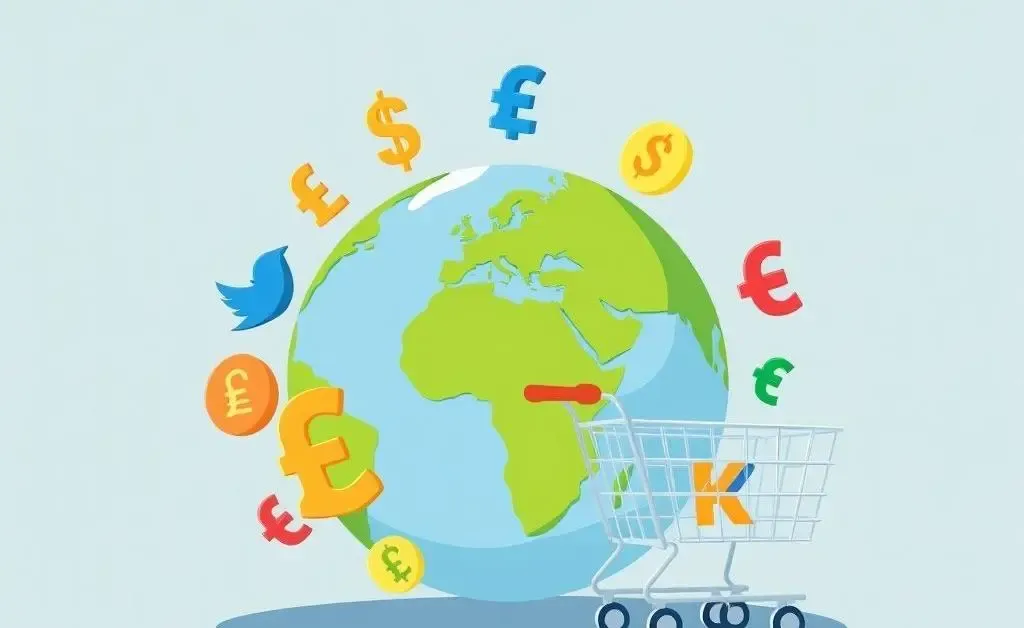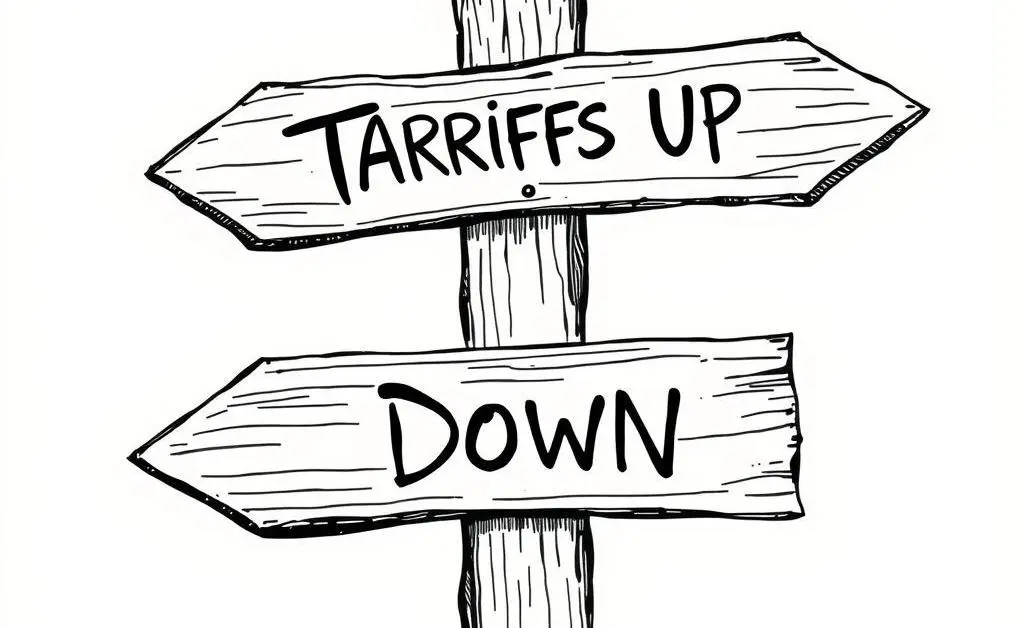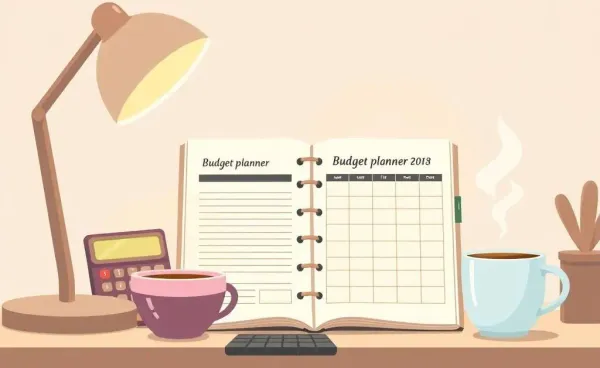How Global Tariff Changes Impact Your Wallet: A Friendly Chat
Explore how global tariff shifts affect your everyday finances.

Have you ever wondered how global tariffs impact the cost of your morning latte or your favorite brand of shoes? It's not just headline news—these changes can have a real impact on your everyday expenses!
Understanding the Basics of Tariffs
Tariffs are essentially taxes imposed on goods imported from other countries. They can affect everything from the price of electronics to the cost of groceries. When tariffs are reduced or eliminated, it often signals potential savings for consumers.
The Ripple Effect of Tariff Changes
When countries like the EU decide to eliminate or adjust tariffs, it's not just a matter of international policy. It's a change that can ripple down to your local supermarket and your home budget.
- Electronics: Lower tariffs on components can mean more affordable gadgets.
- Cars: Expect fluctuations in automobile prices based on tariff adjustments.
- Food Products: Imported goods might see price drops, affecting your grocery bills.
Imagine your friend Jane, a total coffee enthusiast. She's noticed her favorite blend of beans has gotten cheaper at her local store. Why? Thanks to the recent reduction in tariffs on imports from Brazil, the savings were passed down to the consumer. It's little stories like this that highlight how international policies touch our daily lives.

Savvy Tips to Navigate Tariff Changes
Want to make the most of these tariff changes? Here’s how:

- Keep Abreast of Changes: Follow global news to spot trends that might affect product prices.
- Plan Your Purchases: Delay or advance buying decisions based on anticipated price shifts.
- Support Local: Sometimes local products remain unaffected by international tariffs, offering a consistent price point.

What's Next for Consumers?
As global economies continue to evolve, tariff changes will remain a significant factor in pricing strategies for many products. While predicting the exact impact on consumer prices can be complex, keeping informed and flexible in your buying habits can help you ride the fluctuations effectively.
What product or service do you think will most benefit from future tariff reductions? Let's chat more about it in the comments!




